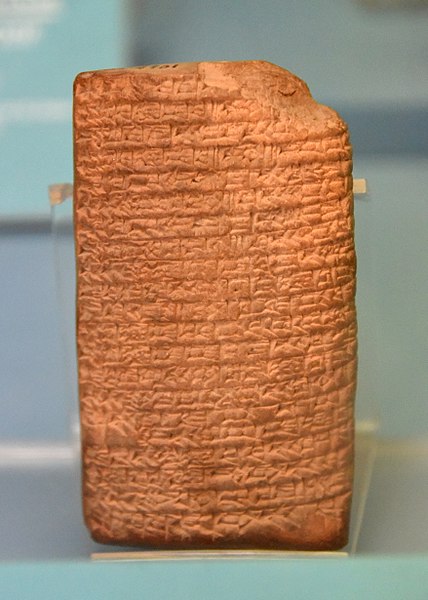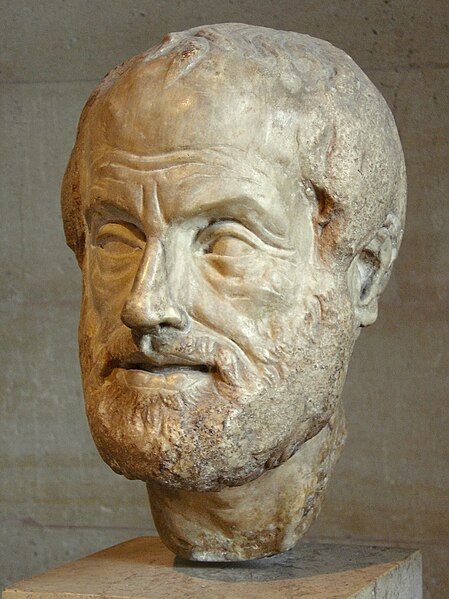Poetic diction is the term used to refer to the linguistic style, the vocabulary, and the metaphors used in the writing of poetry. In the Western tradition, all these elements were thought of as properly different in poetry and prose up to the time of the Romantic revolution, when William Wordsworth challenged the distinction in his Romantic manifesto, the Preface to the second (1800) edition of Lyrical Ballads (1798). Wordsworth proposed that a "language near to the language of men" was as appropriate for poetry as it was for prose. This idea was very influential, though more in theory than practice: a special "poetic" vocabulary and mode of metaphor persisted in 19th century poetry. It was deplored by the Modernist poets of the 20th century, who again proposed that there is no such thing as a "prosaic" word unsuitable for poetry.
Aristotle: "A certain admixture... of unfamiliar terms is necessary".
William Wordsworth: "There will also be found in these volumes little of what is usually called poetic diction".
Poetry, also called verse, is a form of literature that uses aesthetic and often rhythmic qualities of language − such as phonaesthetics, sound symbolism, and metre − to evoke meanings in addition to, or in place of, a prosaic ostensible meaning. A poem is a literary composition, written by a poet, using this principle.
The oldest known love poem. Sumerian terracotta tablet#2461 from Nippur, Iraq. Ur III period, 2037–2029 BCE. Ancient Orient Museum, Istanbul
The philosopher Confucius was influential in the developed approach to poetry and ancient music theory.
An early Chinese poetics, the Kǒngzǐ Shīlùn (孔子詩論), discussing the Shijing (Classic of Poetry)
Aristotle






